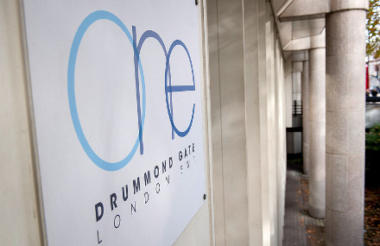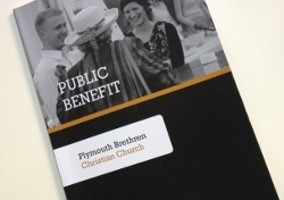The Charity Commission has published the findings of its monitoring work into Plymouth Brethren Christian Church (PBCC) gospel hall trusts, saying that it has “seen sufficient evidence” that each has demonstrated public benefit.
Over 100 gospel hall trusts have been registered since 2013, and 24 were selected for post-registration monitoring.
Today’s report follows a report in February 2016 looking at the Preston Down Trust, which was first such charity to register in 2014 after a lengthy legal battle.
A condition of registration was to comply with a new “deed of variation” that ensured it worked to “advance the Christian religion for the public benefit” and comply with “other charitable purposes connected with the Brethren”.
Today the Commission said that it provided regulatory advice to a number of gospel hall trusts during the period but has not identified any significant regulatory issues.
Michelle Russell, director of investigations, monitoring and enforcement at the Charity Commission, said: “Our aim in monitoring new charities is to ensure they are operating in line with their governing document, and are following any regulatory advice and guidance, to help ensure that the public can support charities with confidence.
“In this case, our review is able to provide public reassurance that the trustees of gospel hall trusts are taking steps to embed the principles of the deed of variation in the running of their charities; we have provided regulatory guidance to some individual trusts and expect them to follow that advice consistently”.
Related articles












